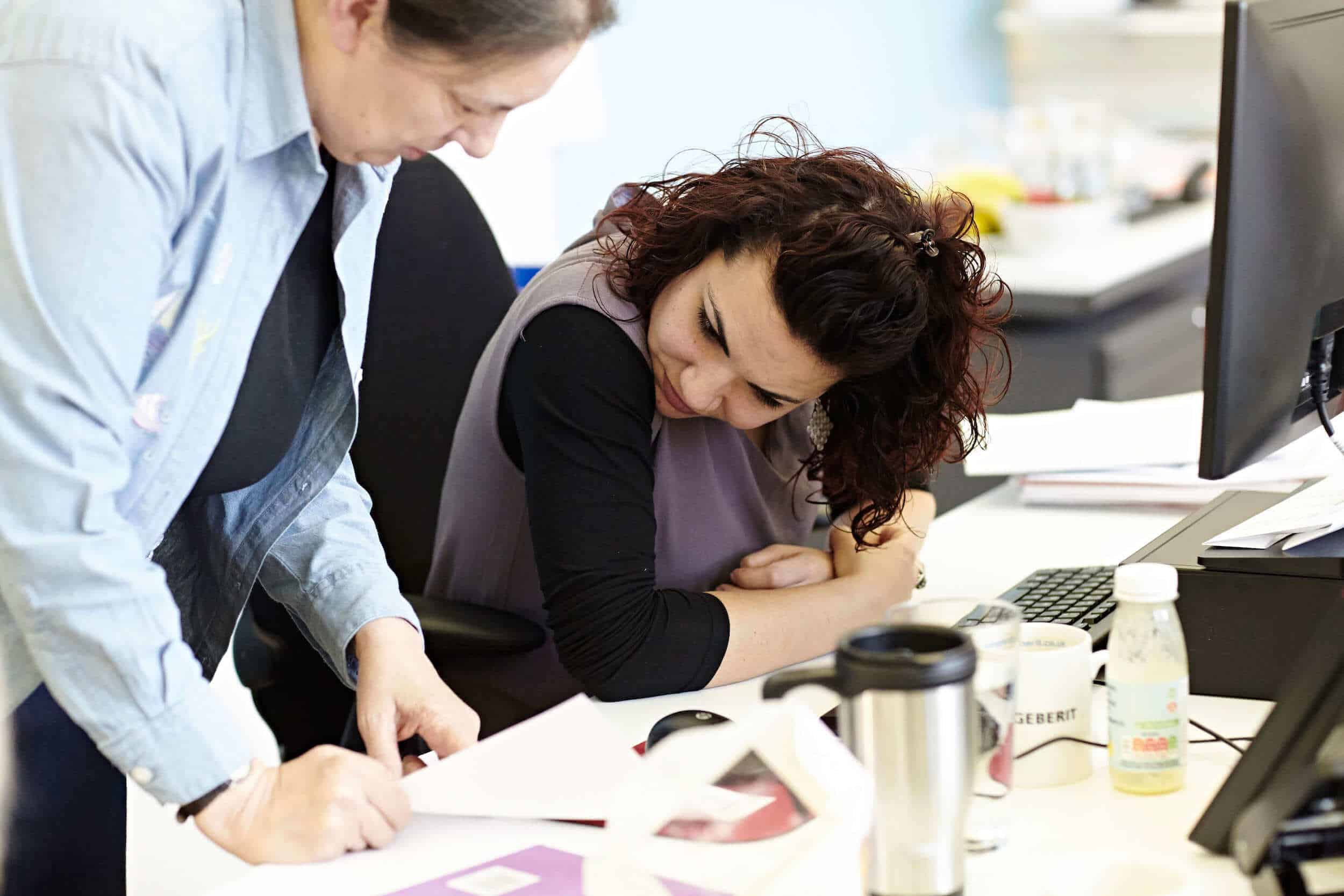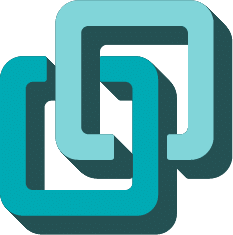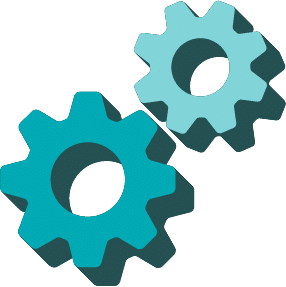
What we do
Action research: Collaborative, practical and problem-solving.
The role we play varies according to the project, partner and need – evaluator, learning partner, critical friend, researcher, facilitator – but we are always guided by our action research principles.
Principles
Problem solving

Problem solving
Our work starts with a practical problem, challenge or opportunity. We work with you to help pin down what really needs to be addressed.
Collaborative

Collaborative
We are not the experts – we believe that those with direct experience of an issue are key to resolving challenges and opening up opportunities. We work with you to help draw out useful solutions.
Useful for all

Useful for all
No project is standalone – our work provides learning and evidence to help strengthen the voluntary sector.
Practical

Practical
We work hard to generate practical learning. We ask questions, and encourage reflection and debate to help produce outcomes that are meaningful and long-lasting.
Methods we use
We tailor our approach, selecting the best methods for the needs of people we work with.
Evaluation
All of our evaluation work is about helping people to reflect and learn. Whether developmental, real-time or summative, we focus on generating understanding about what works, why and how.
Research
Social research is our bread and butter – we seek to identify the right questions and gather data to help inform strategy and practice. We do this through interviews, surveys, focus groups and more.
Learning partnerships
Sounding board, critical friend, evaluator, facilitator – all of these roles are part of being a learning partner. We help organisations, people and programmes to learn, reflect, and adapt in realtime – as well as understand impact.
Evidence review
We use evidence reviews to help contextualise what an organisation is experiencing (or an issue they are interested in) and ensure we build on what is already known.
Strategic support
We provide focused support to help individual organisations reflect, adapt and move forward. This includes governance, strategy, mission review, learning and evaluation practices, and impact.
Our commitment to Equity, Diversity and Inclusion
We have done a lot of work to embed Equity, Diversity and Inclusion (EDI) into our project selection and design processes and extending our network of partners to create opportunities for more diverse groups to participate in projects, as well as find and use IVAR resources.
We have adapted research design and delivery processes, which means:
- Paying attention to access, inclusion and power dynamics at every stage of a project. We ask questions (of ourselves and others) about who is in the ‘room’ and whose voice – or voices – need to be heard.
- Continuing to live true to our action research roots – we are not ‘the experts’; we provide processes to help people define, understand and respond to issues/problems; and some form of participation is built into all of our work.
- Cultivating a culture of reflection that allows us to challenge assumptions and be open about the limits of our knowledge and understanding.
- Operating with reciprocity and respect – recognising that individual and charity participants bring knowledge and expertise that we don’t have and finding ways to recognise this. We take a range of approaches to this, including financial compensation.
- Building time and resource into our projects – including budgets – to enable us to embed EDI meaningfully.
- Developing new partnerships and projects with and for individuals, groups and communities with whom we may previously not have engaged.
Examples of our work
Connecting Health Communities
We offer facilitated support and action planning to cross-sector partnerships addressing health inequalities.
Pears Foundation #iwill Fund Learning Partner
We facilitate a community of youth volunteer coordinators in health and hospital settings to learn from their work in real time through peer learning.
St John Ambulance’s First Aid Advocates programme
We developed monitoring frameworks, ran community focus groups and facilitated sessions with staff to inform the development of the First Aid Advocates initiative and its fit with the organisation’s overarching strategy.
Comic Relief Learning Review
We analysed previous research on learning, evaluation, funders and voluntary organisations, and developed funder case studies, to inform what it means to be a learning-led grantmaker.
Atlantic Philanthropies
We offered real-time learning and facilitation to support the design of a global network of equity leaders.
Start Somewhere
We worked in partnership with Centre for Acceleration of Social Technology to research what it takes to make tech work in small charities.